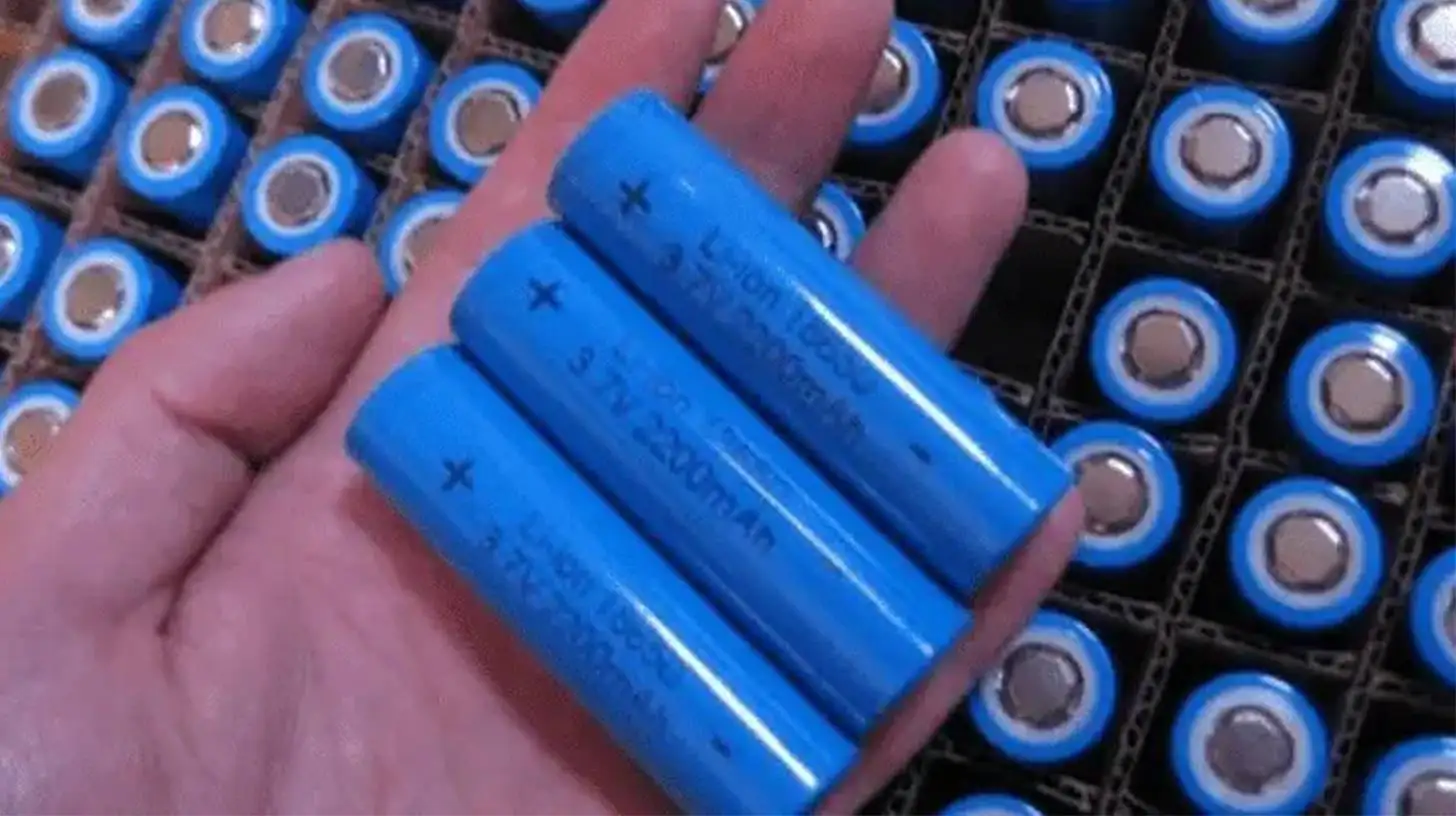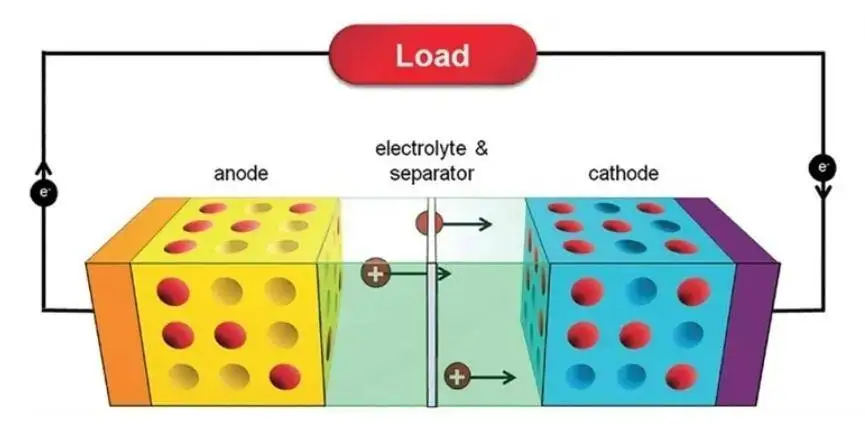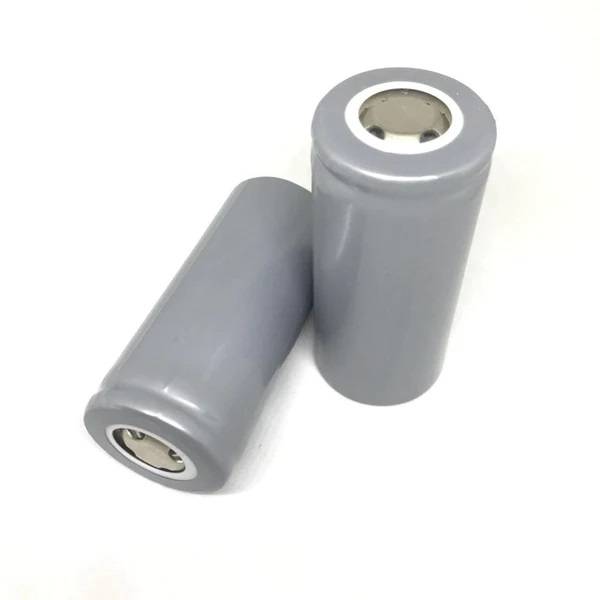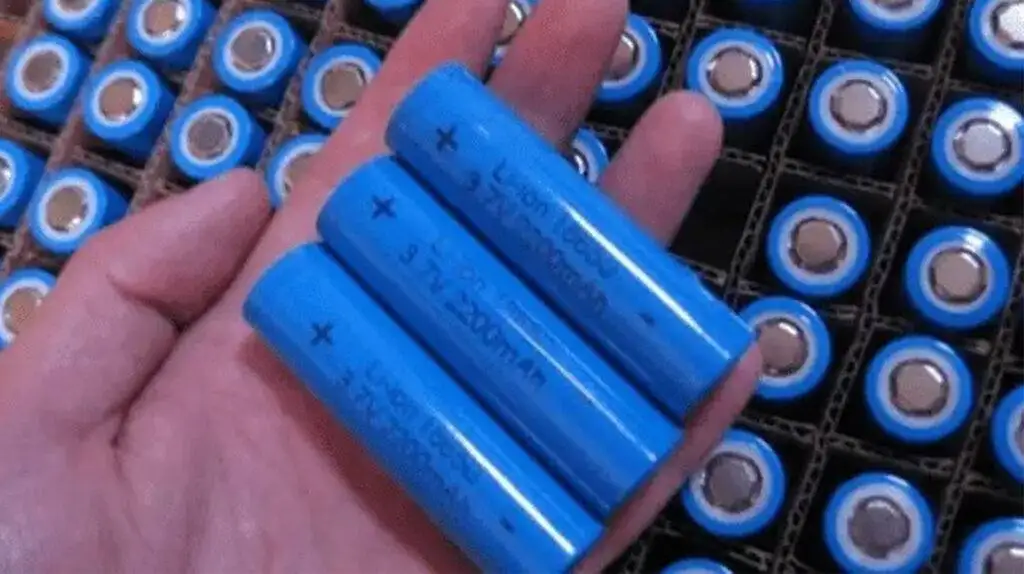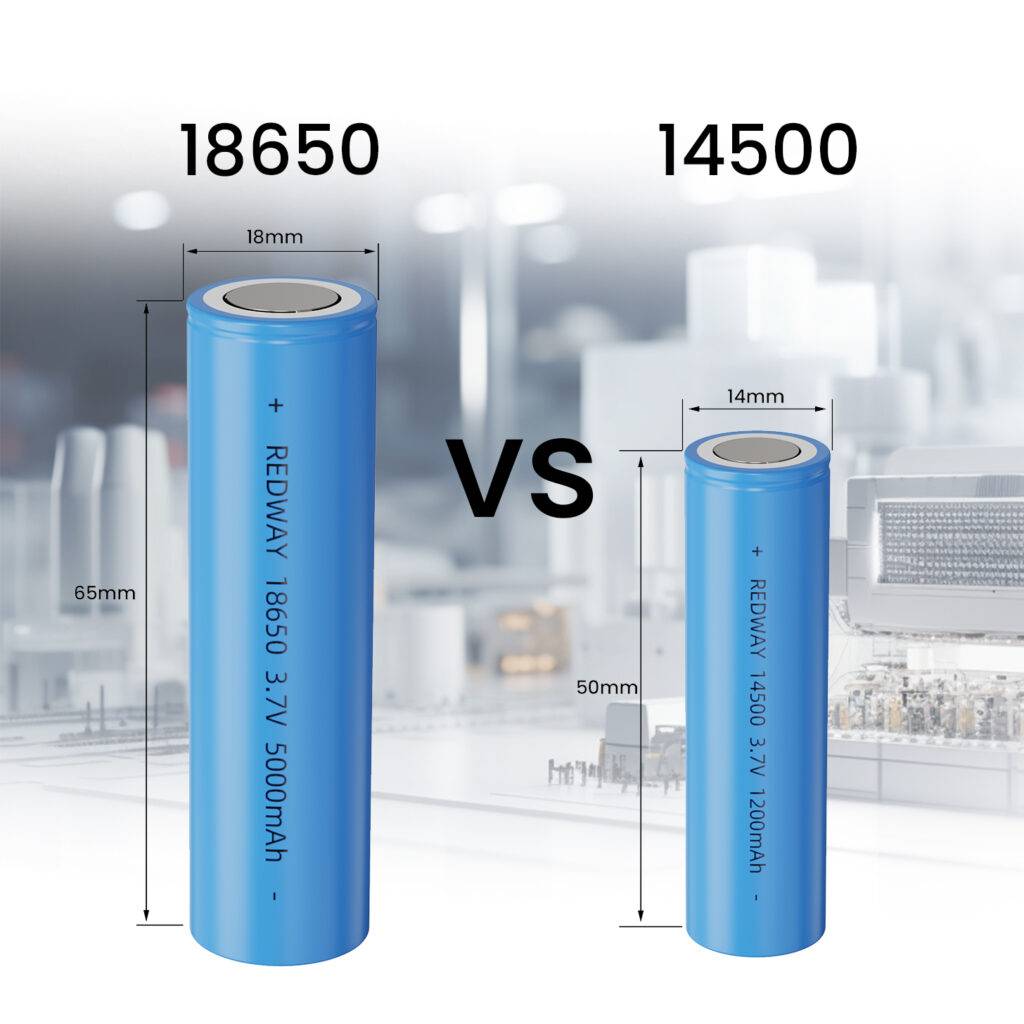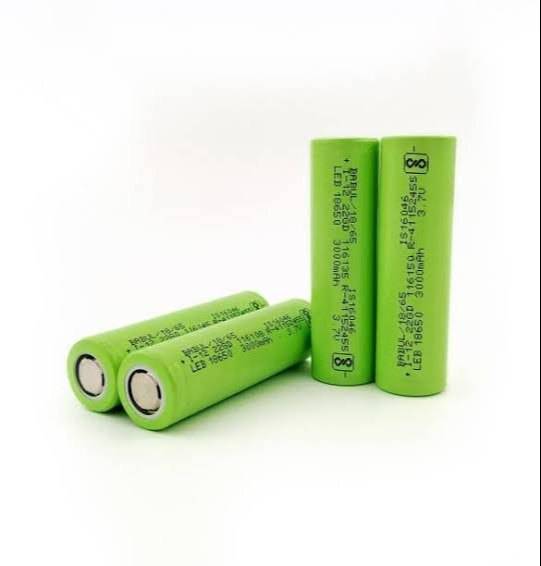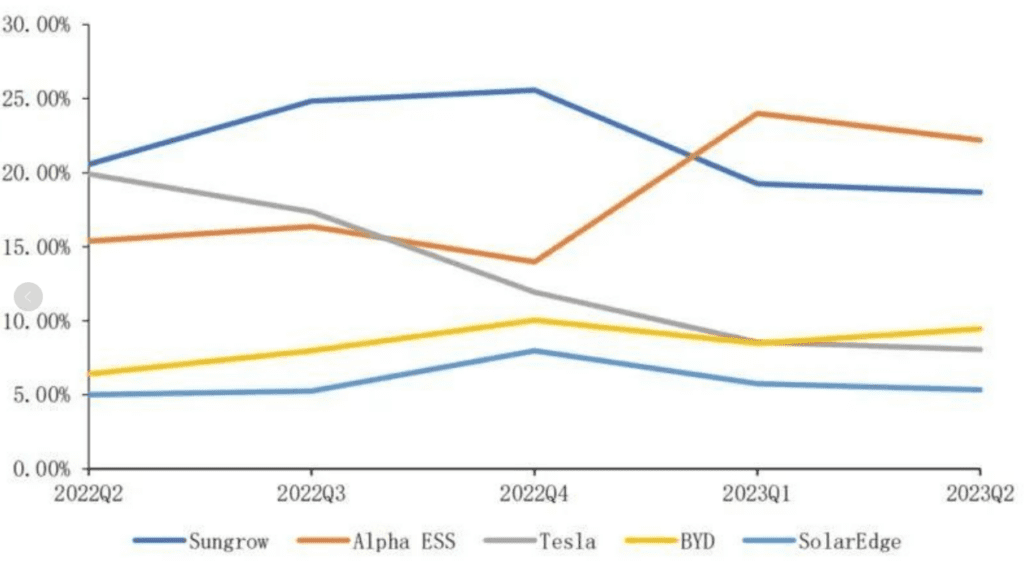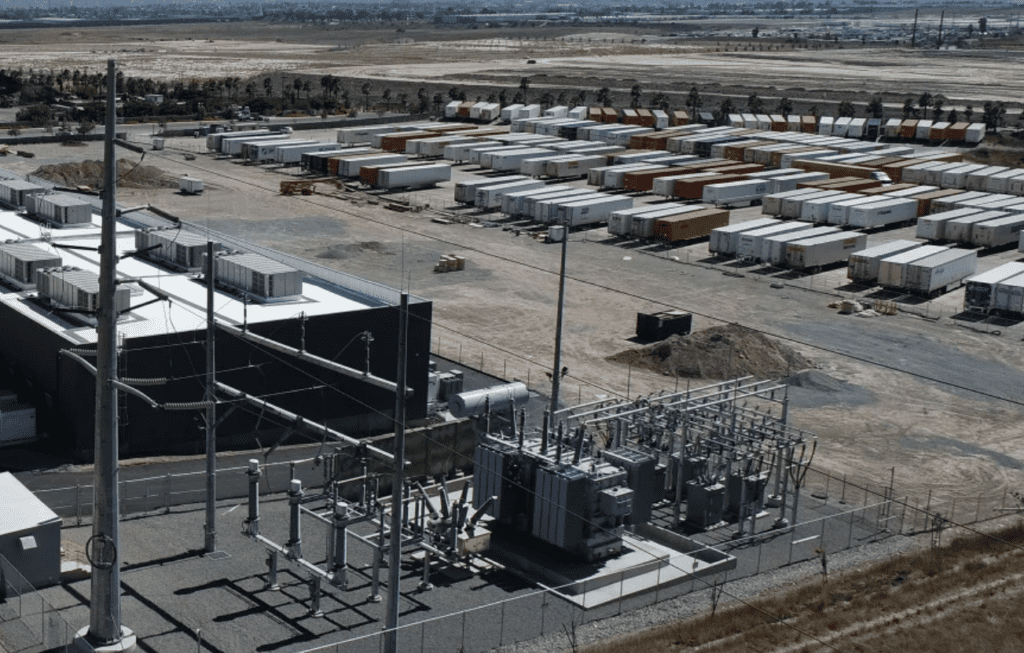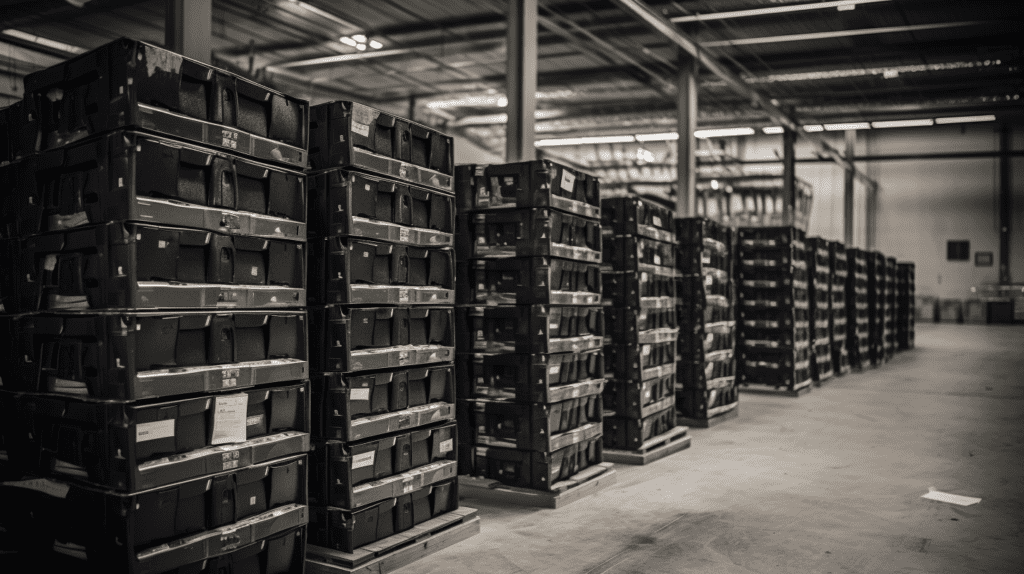The 18650 lithium-ion battery, which is a pioneer in lithium-ion batteries, can face issues where it cannot be charged. There can be various reasons for this problem, and corresponding solutions should be applied to effectively address the issue. So, what are the possible causes and remedies for an 18650 battery that won’t charge?
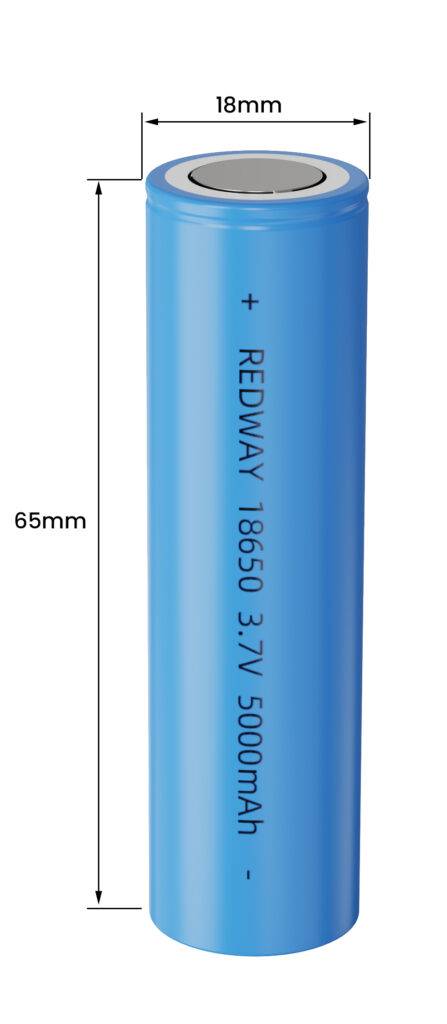
#post_seo_title
Causes and Solutions
Possible reasons for an 18650 lithium-ion battery not being able to charge include the following:
| Reason | Causes | Solutions |
| Poor battery connection | If there is a bad connection between the battery and the charger, it can prevent the battery from charging | In this case, you should check if the contact between the battery and charger plug is good, or try using a different charger and battery to see if it works |
| Incorrect battery polarity | If you insert the battery into the charger the wrong way, it can also prevent the battery from charging. | The correct procedure is to connect the positive terminal of the battery to the positive terminal of the charger and the negative terminal of the battery to the negative terminal of the charger.
|
| Charger malfunction | If the charger itself is faulty, it can also prevent the battery from charging | In this case, you would need to replace the charger to resolve the issue.
|
| Battery aging: | If the battery has been in use for a long time, its capacity may have decreased, and its internal resistance may have increased, which can prevent the battery from fully charging | In this case, you would need to replace the battery with a new one.
|
| Undercharging voltage | If the charger’s output voltage is insufficient, it can also prevent the battery from fully charging | In this case, you would need to check whether the charger’s output voltage meets the battery’s requirements. |
Possible causes and corresponding remedies
1. Poor Battery Connection:
- Cause: A bad connection between the battery and the charger can prevent the battery from charging.
- Solution: Check the battery’s connection to the charger plug. Ensure the contact is good, and try using a different charger and battery to see if it works. Sometimes, cleaning the battery terminals can also help establish a better connection.
2. Incorrect Battery Polarity:
- Cause: If the battery is inserted into the charger the wrong way, it can prevent charging.
- Solution: Ensure the correct orientation of the battery. Connect the positive terminal of the battery to the positive terminal of the charger and the negative terminal of the battery to the negative terminal of the charger. Most chargers are designed to prevent charging if the polarity is incorrect.
3. Charger Malfunction:
- Cause: A faulty charger can hinder the charging process.
- Solution: Test the charger with another battery to confirm if it’s the problem. If the charger is indeed malfunctioning, replace it with a new, functional one.
4. Battery Aging:
- Cause: Over time, lithium-ion batteries can degrade, leading to decreased capacity and increased internal resistance, preventing full charging.
- Solution: If the battery has aged significantly, it may need to be replaced with a new one. Batteries have a limited lifespan and will eventually lose their ability to hold a charge effectively.
5. Undercharging Voltage:
- Cause: If the charger’s output voltage is insufficient, the battery may not charge properly.
- Solution: Check whether the charger’s output voltage meets the requirements of the battery. If it falls short, replace the charger with one that provides the correct voltage for your 18650 battery.
Conclusion
If your 18650 lithium-ion battery won’t charge, you need to check various factors, including battery connections, polarity, the charger, and the battery’s age. Once you identify the issue, you can proceed with the necessary repairs or equipment replacements.

